Acan Coral Care Guide – Micromussa lordhowensis Care, Feeding & Lighting Tips
Acan Coral Care Guide (Micromussa lordhowensis)
Introduction
Acan corals (Micromussa lordhowensis), commonly called Acan Lords or Acanthastrea corals, are among the most vibrant and popular large polyp stony (LPS) corals in the reef aquarium hobby. Their fleshy polyps and striking colors make them a standout addition to any reef tank. Acans are relatively hardy, adapt well to moderate lighting and gentle water flow, and respond positively to occasional target feeding. Whether you are a beginner or an experienced aquarist, following the right care practices will ensure your Acans thrive and maintain their stunning coloration.
Scientific Name Controversy
Historically, these corals were sold as Acanthastrea lordhowensis. In 2016, taxonomists reclassified them as Micromussa lordhowensis. Despite the update, the common shorthand “Acan” remains widely used in the aquarium trade, which can sometimes cause confusion. Both names refer to the same coral species prized by reef hobbyists.
Natural Habitat
Acans are native to the Indo-Pacific, particularly around the Great Barrier Reef, Lord Howe Island, and other coral-rich lagoons. They thrive on sandy substrates and lower reef slopes where light levels are moderate and water movement is gentle. Replicating these natural conditions in your home aquarium is key to promoting healthy growth and vibrant coloration.
Aquarium Care & Setup
Temperature: 74–80°F (23–27°C)
pH: 8.1–8.4
Salinity: 1.024–1.026
Flow: Low to moderate; avoid strong direct flow that prevents full polyp extension
Lighting: Moderate, ideally 50–150 PAR. Excessive light can cause bleaching, while insufficient light may dull coloration.
Placement: Acans thrive on the sandbed or lower rockwork.
Feeding Acan Corals
Although Acans are photosynthetic, they benefit from supplemental feeding. At night, their polyps extend feeder tentacles that accept small meaty foods such as mysis shrimp, brine shrimp, or coral-specific pellets. Feeding 2–3 times per week encourages faster growth, vibrant colors, and full polyp expansion.
Growth and Behavior
Acans grow outward in an encrusting pattern, producing large, fleshy polyps. Polyps expand during the day and extend feeding tentacles at night, making them visually appealing at all times.
Tankmates
Acans are compatible with most peaceful reef-safe fish and invertebrates. Avoid aggressive species that may pick at the polyps. Suitable tankmates include tangs, gobies, cleaner shrimp, and snails.
FAQs about Acan (Micromussa) Corals
Are Acan corals easy to keep?
Yes, Acans are considered moderately easy to care for. They tolerate a range of conditions and adapt well to most reef aquariums when given stable water parameters and moderate lighting.
Do Acan corals need to be fed?
While they gain energy from photosynthesis, target feeding with meaty foods 2–3 times per week enhances growth, coloration, and polyp expansion.
What lighting do Acan corals need?
Acans thrive under moderate lighting in the range of 50–150 PAR. Excessive light can cause bleaching, while insufficient light may dull coloration or slow growth.
Where should I place Acan corals in my tank?
Acans prefer the sandbed or lower rockwork in areas with low to moderate flow. Ensure there is space between them and other corals to prevent stinging.
Will Acan corals sting other corals?
Generally no, acans can be placed directly touching other varieties of acans without issue, and will generally be peaceful towards other varieties of coral.
How fast do Acans grow?
Growth varies with lighting, flow, and feeding. With proper care, colonies gradually expand outward in an encrusting pattern, producing large, fleshy polyps over time.
Conclusion
Acan corals (Micromussa lordhowensis) are vibrant, hardy, and rewarding additions to any reef aquarium. With moderate lighting, gentle flow, proper spacing, and regular feeding, these corals thrive and display some of the most stunning colors in the hobby. Whether you refer to them as Acans, Acan Lords, or Micromussa, they are a must-have for any collector seeking eye-catching LPS corals.
Shop Acan corals.


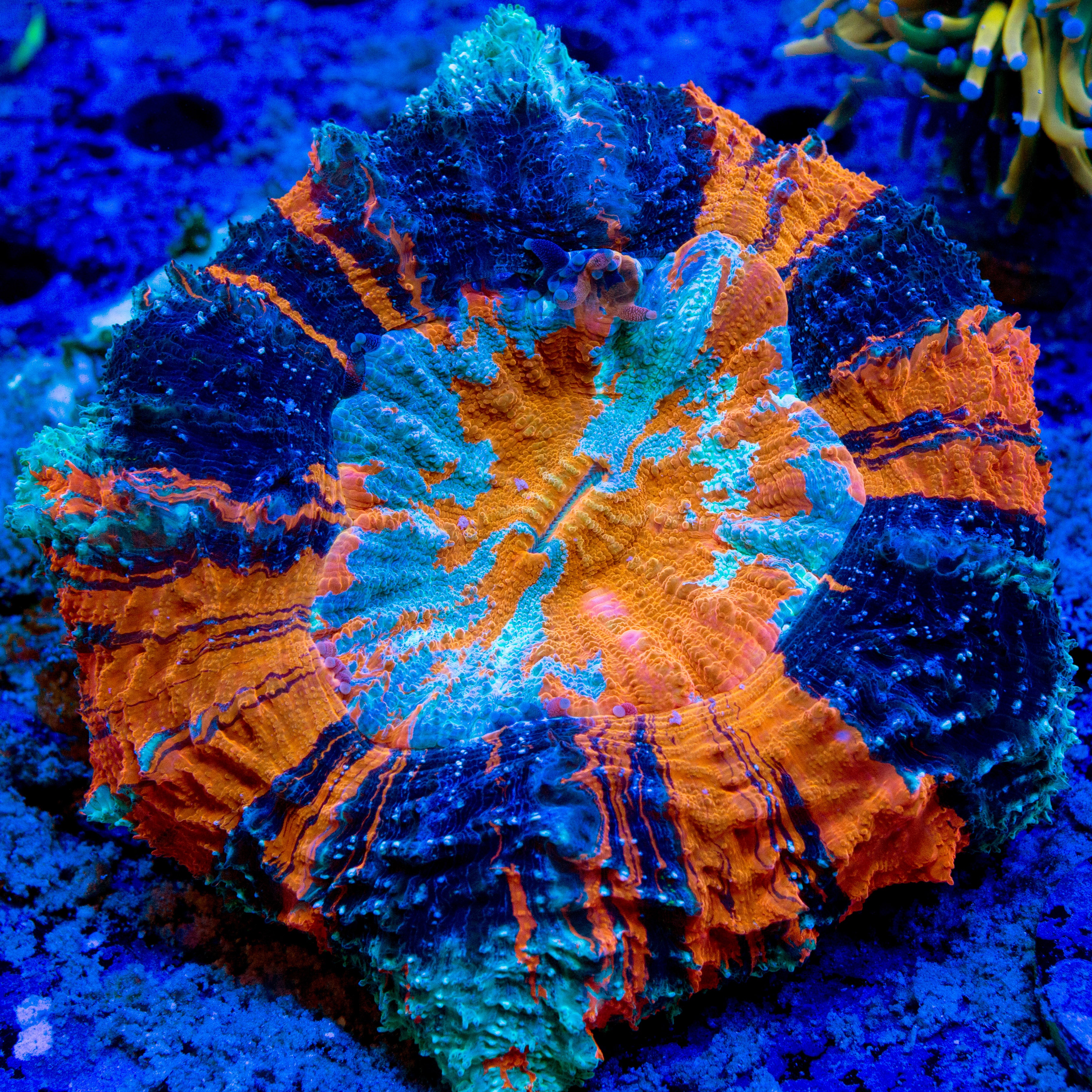
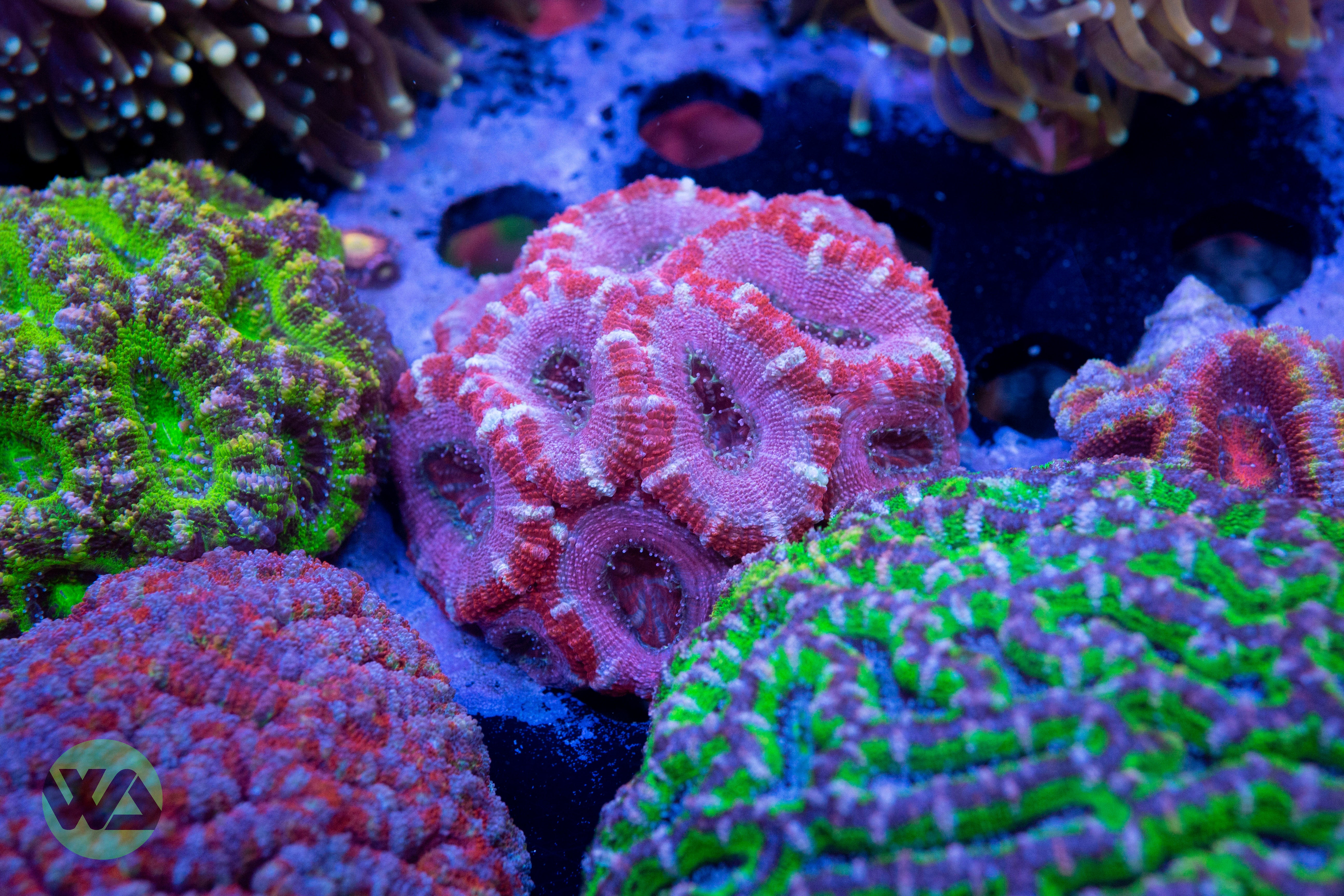
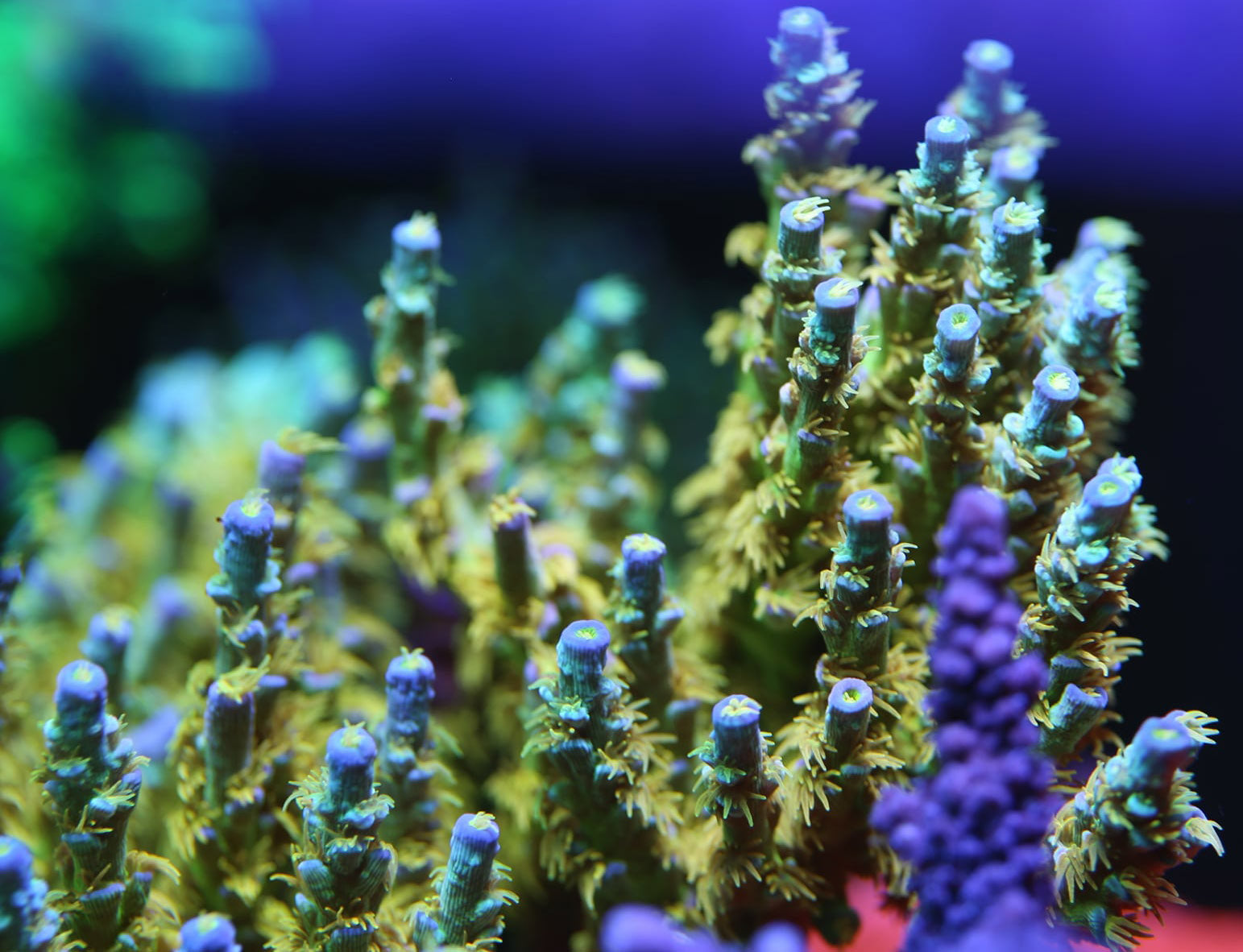
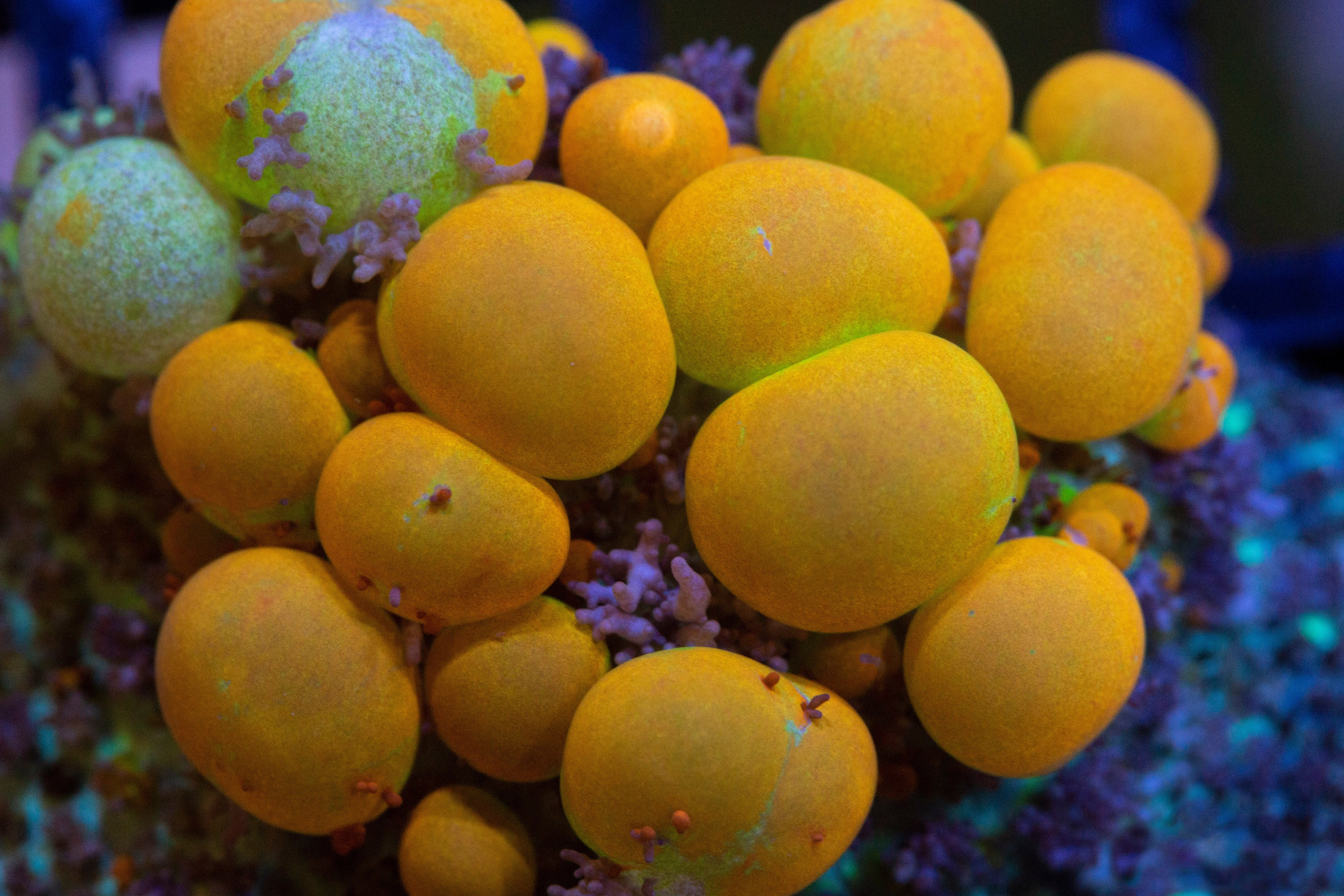
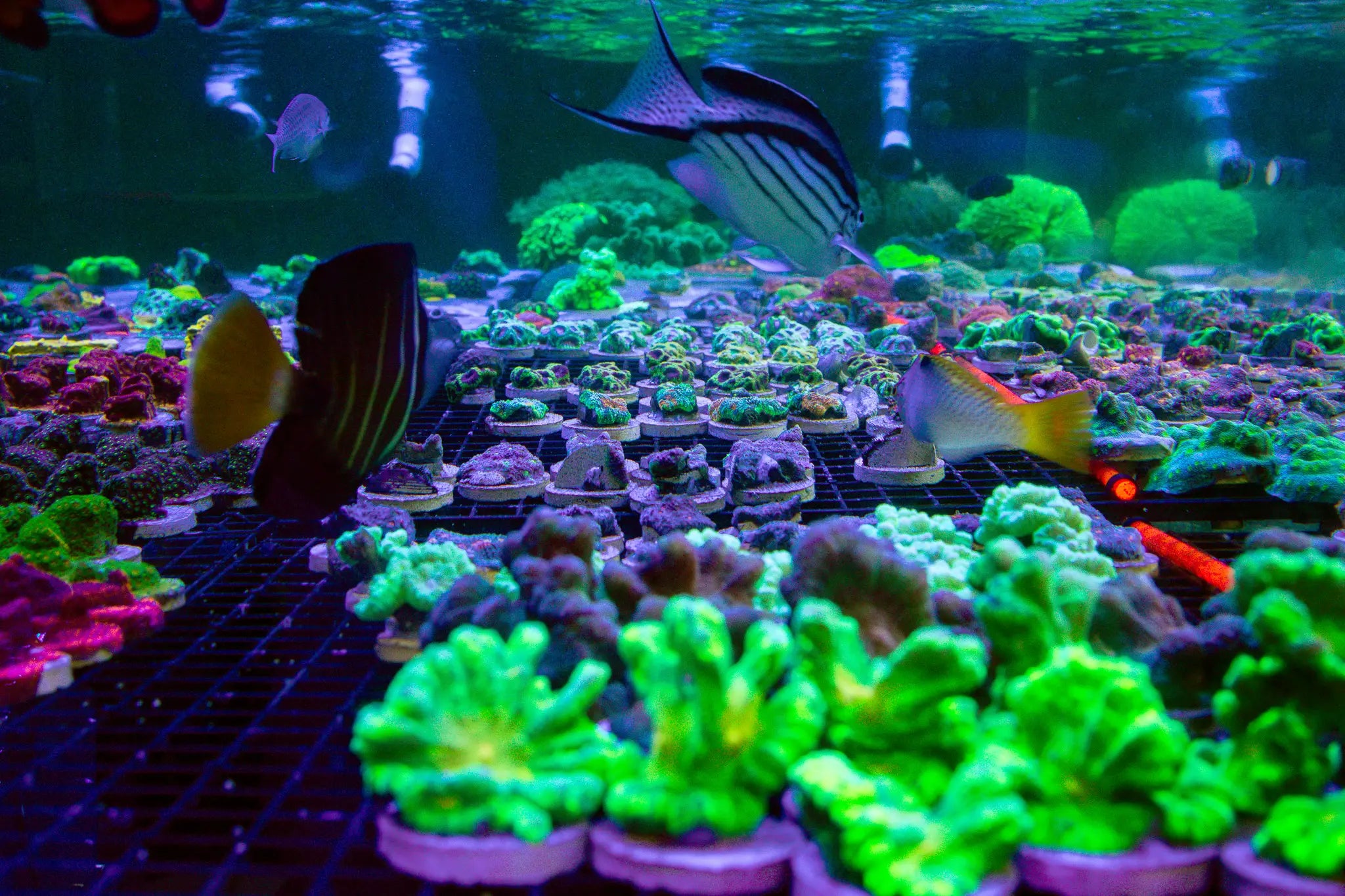
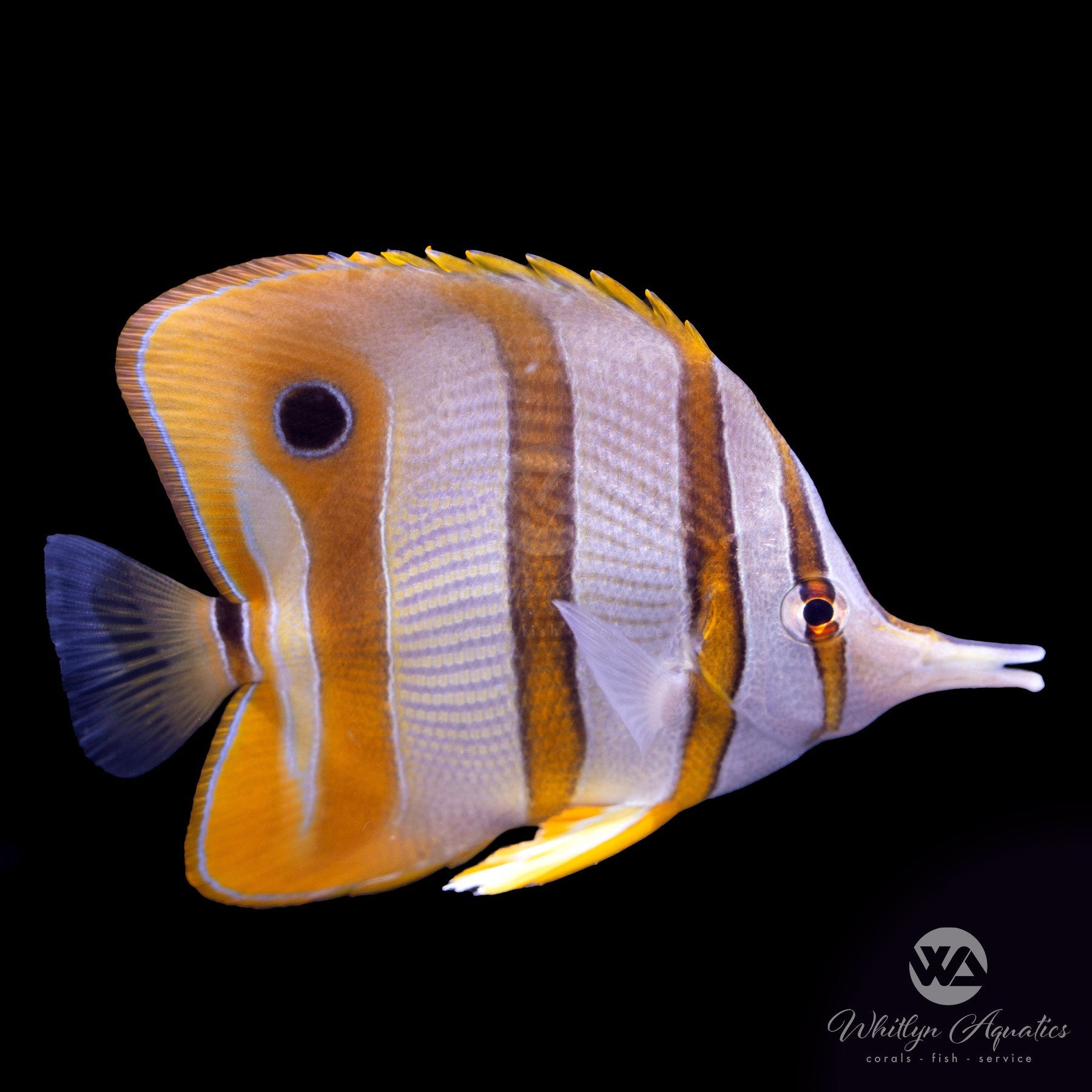
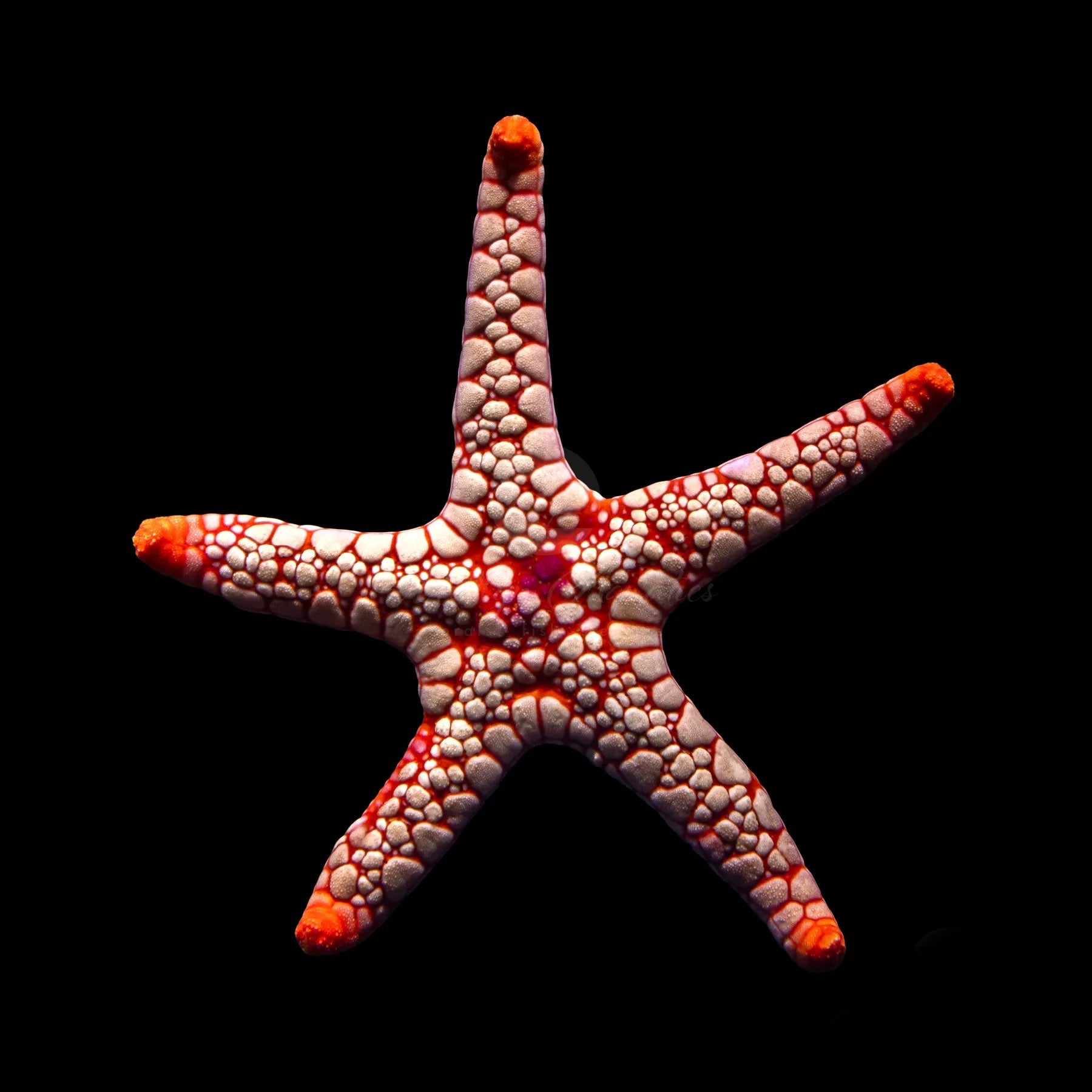
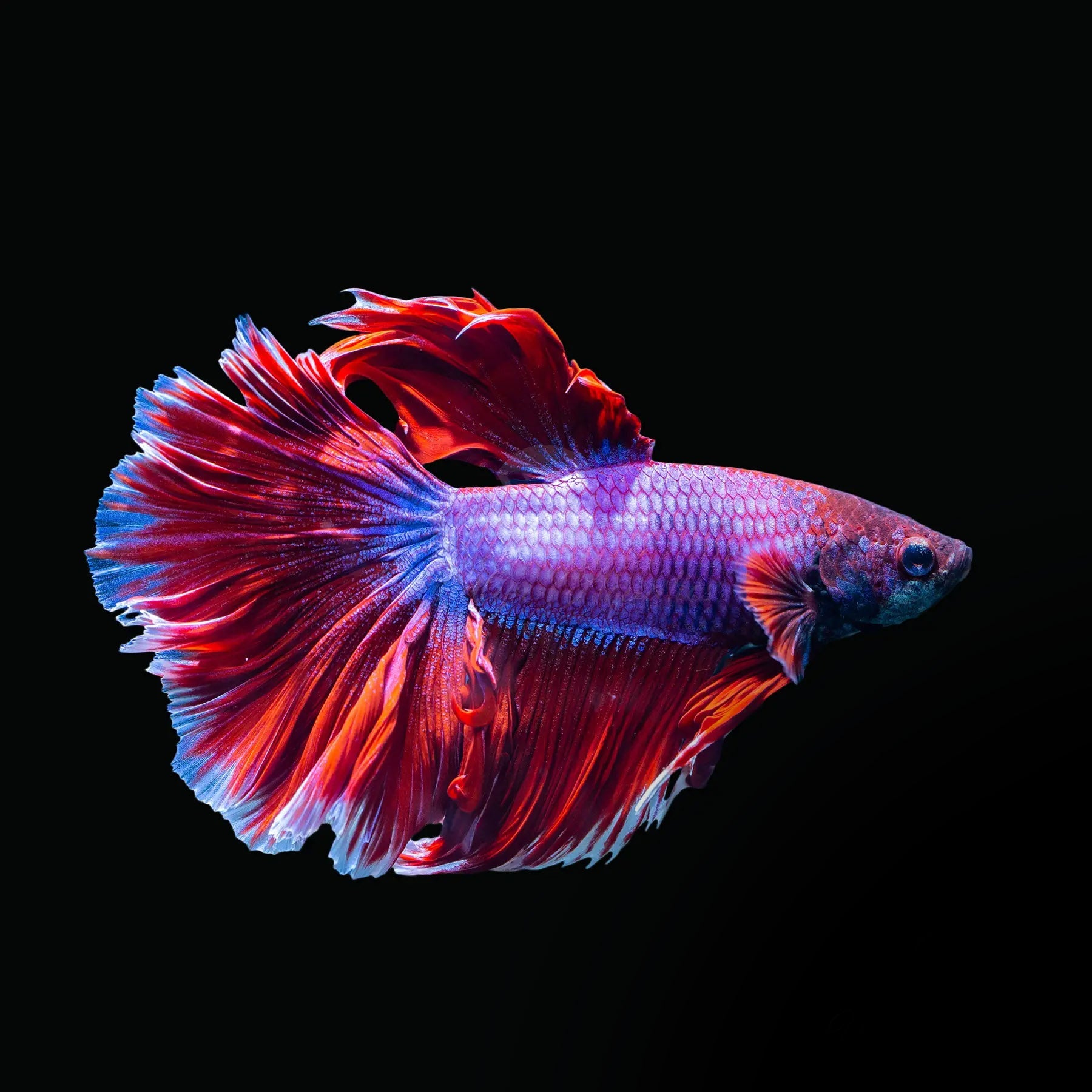
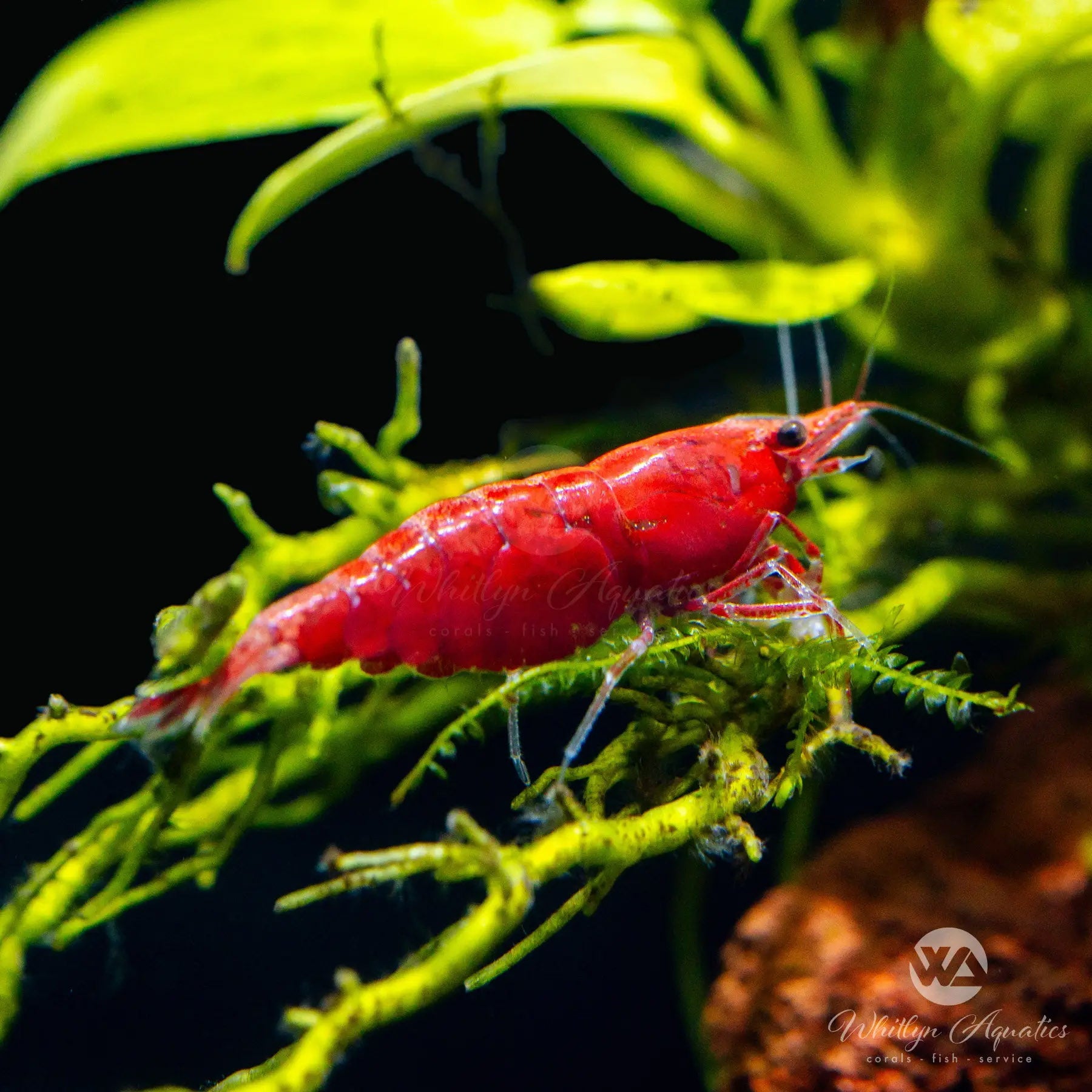
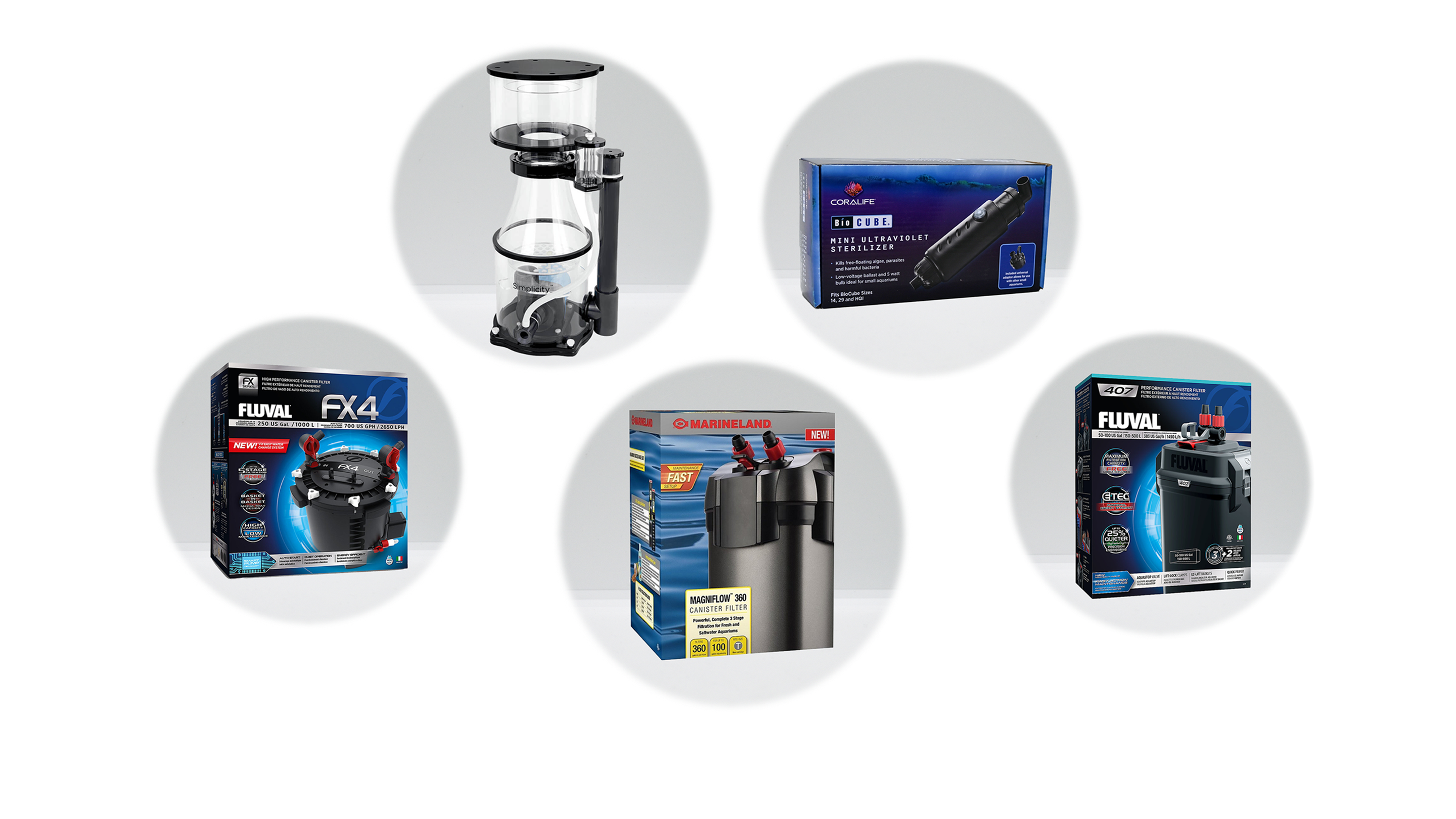
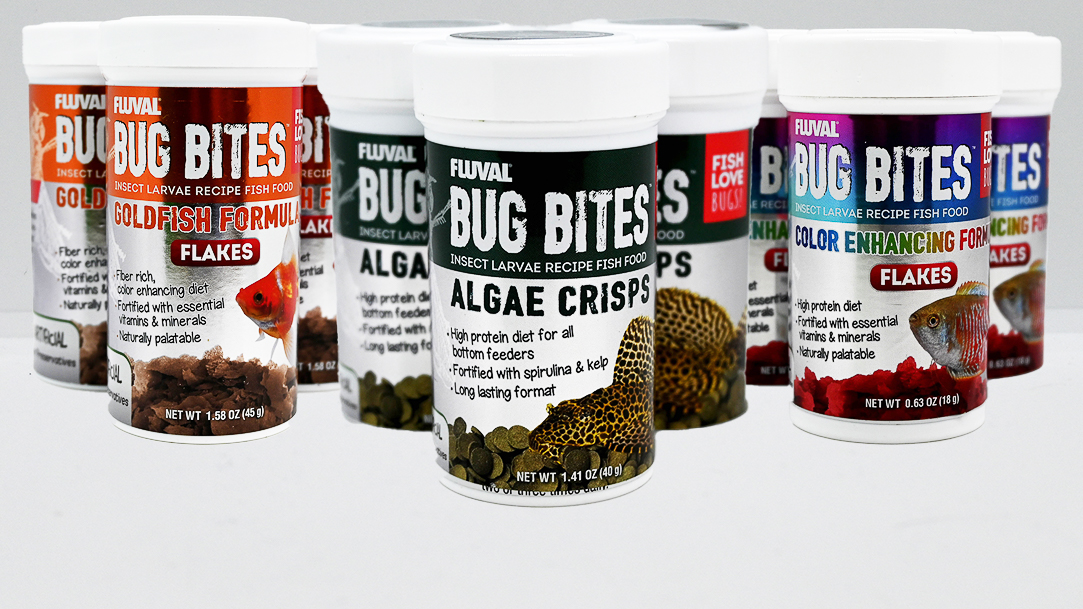
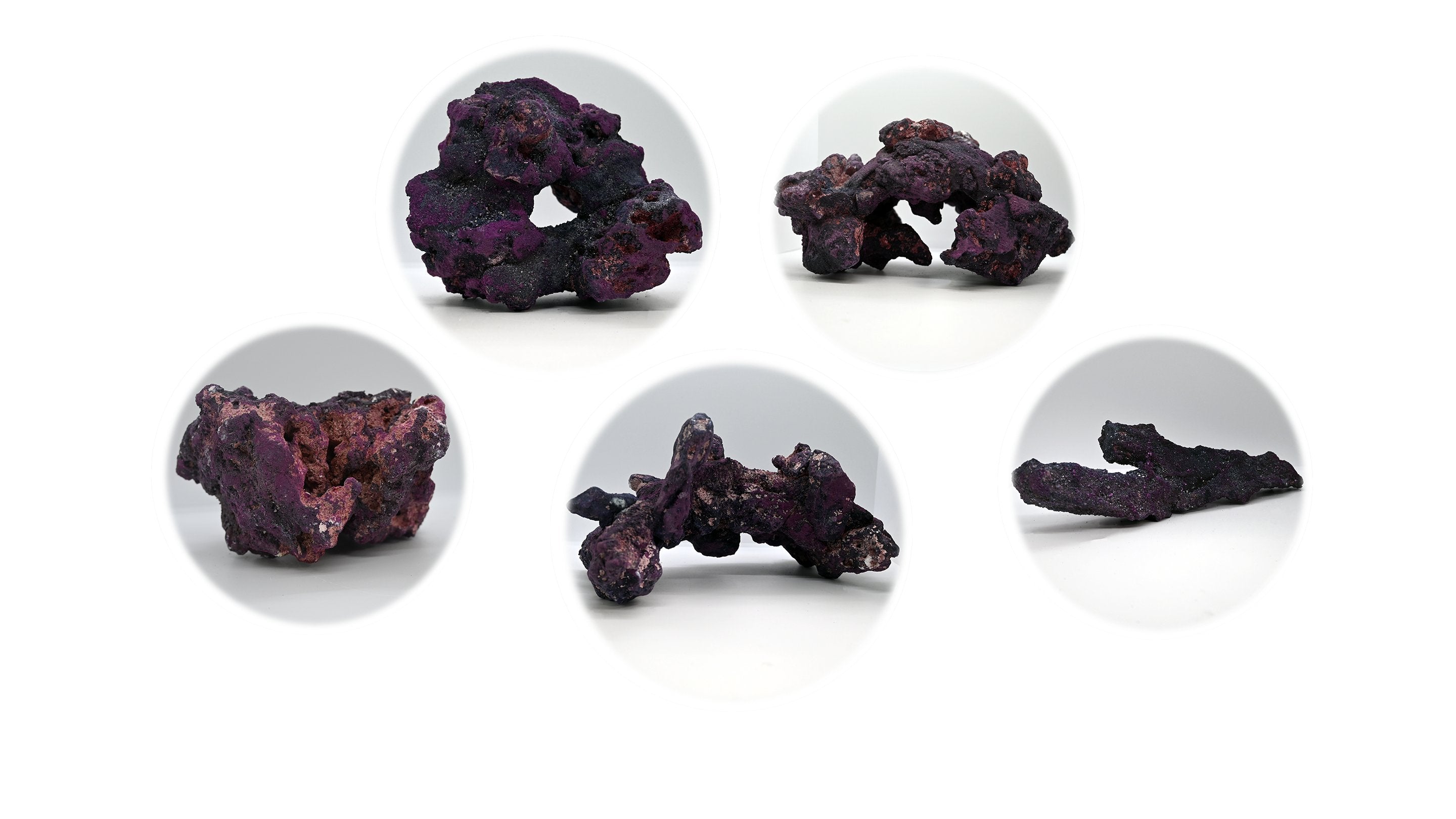
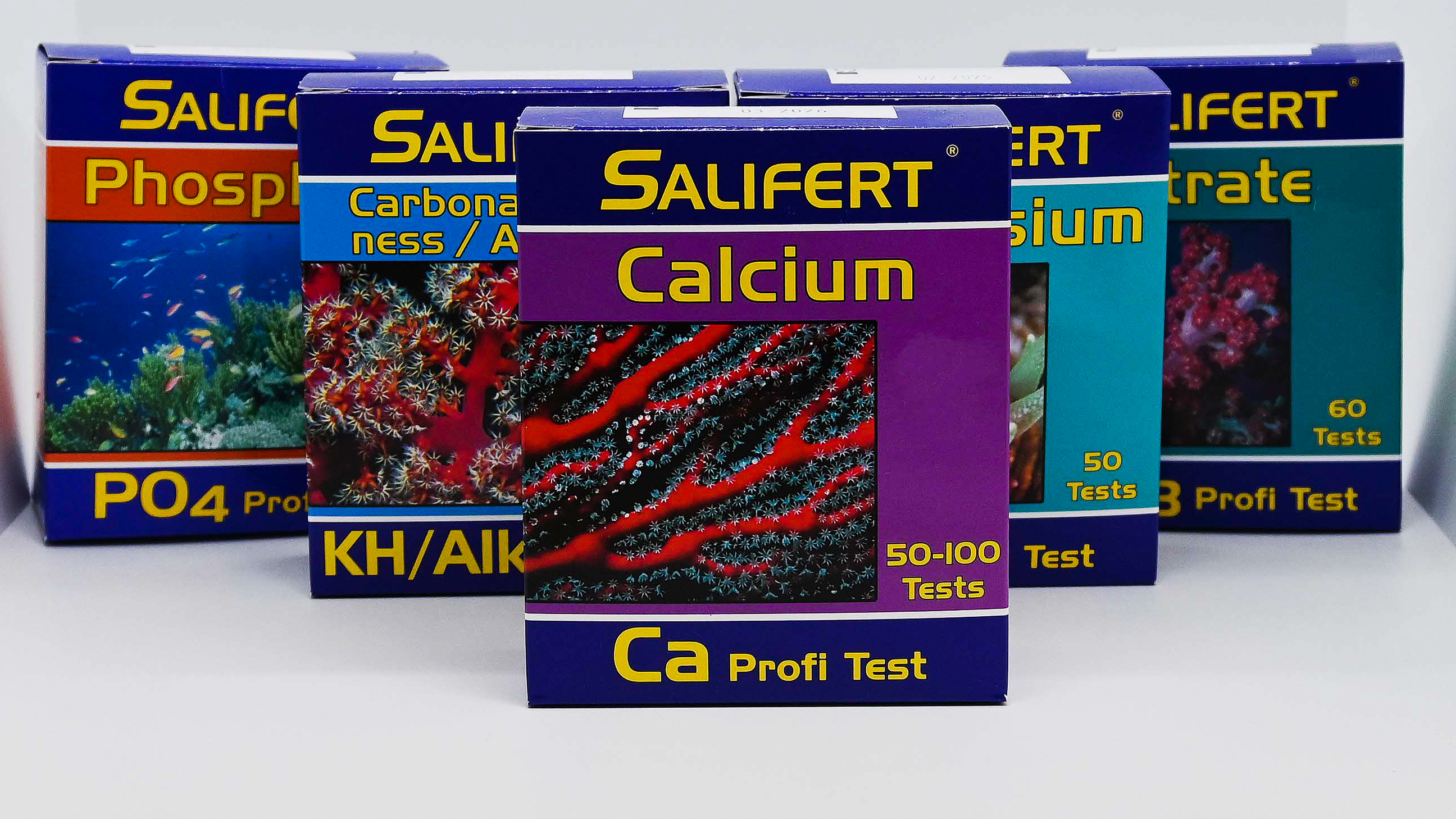
Leave a comment